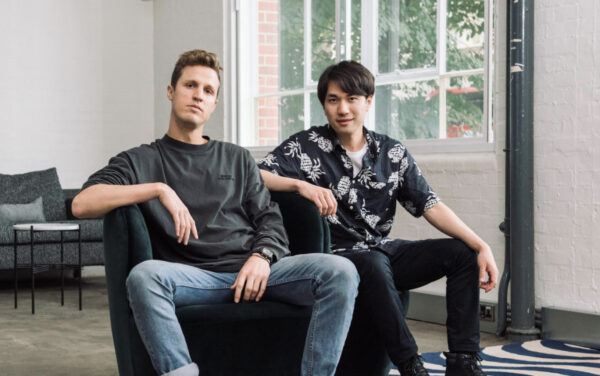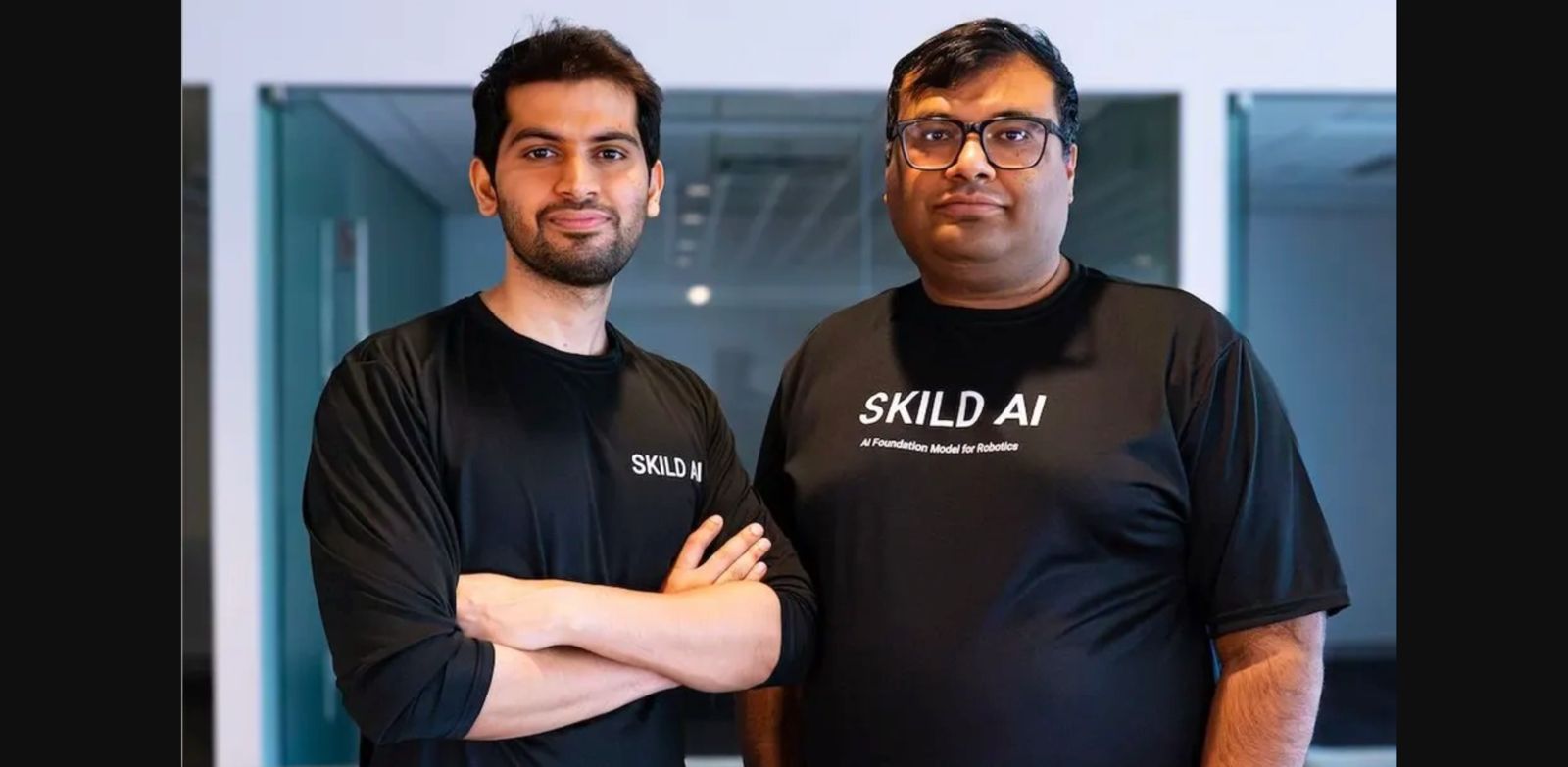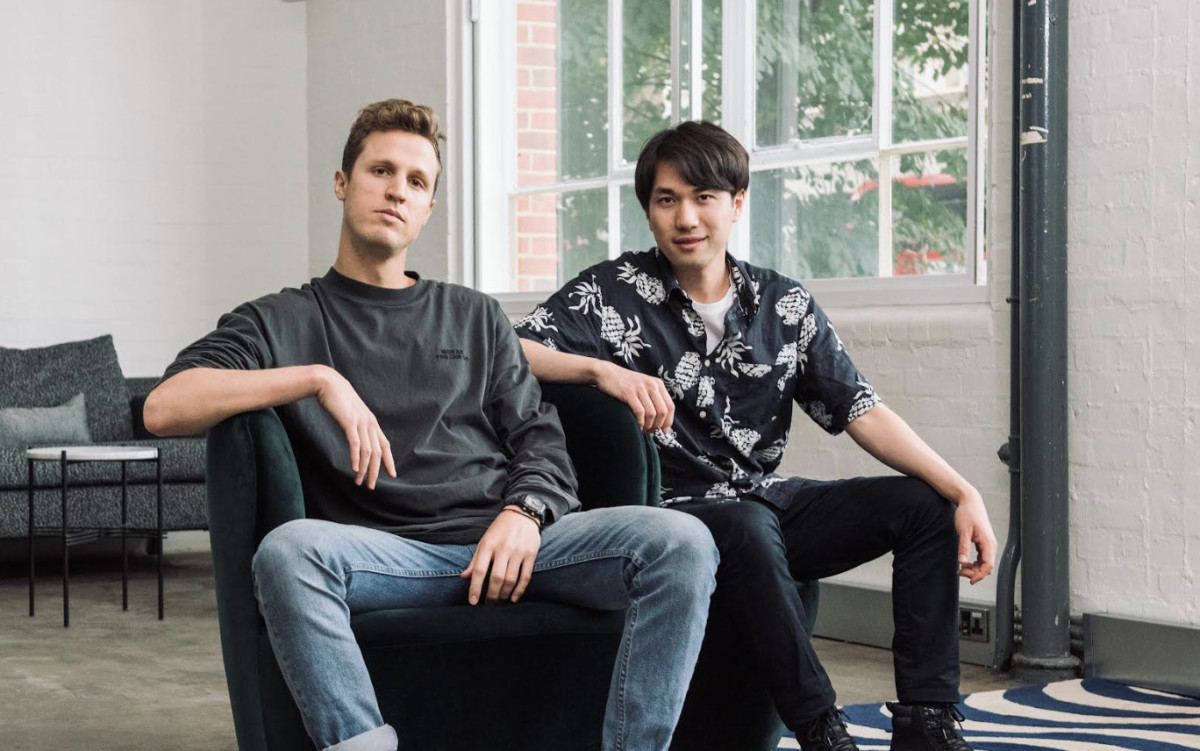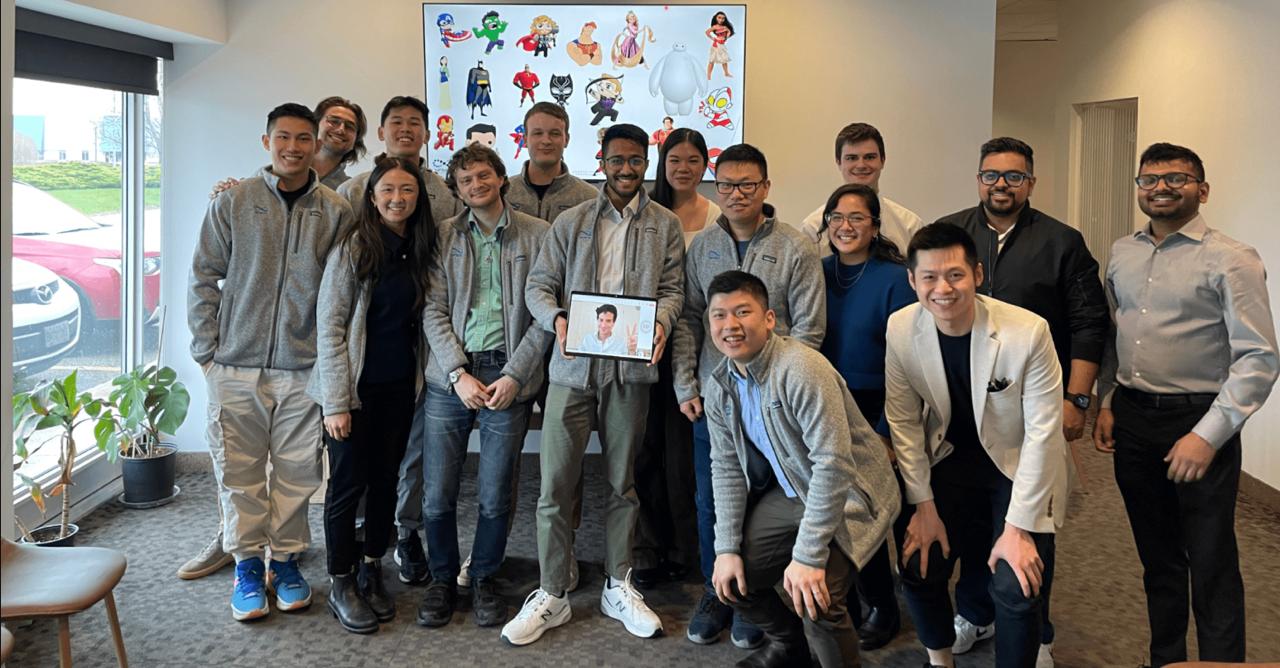In a critical milestone for pediatric mental health innovation, Handspring Health has secured $12 million in Series A funding to expand its clinically-driven, family-focused virtual therapy model. The funding round was led by Cobalt Ventures, with support from NextView Ventures, nvp capital, 25madison, Arkitekt Ventures, VamosVentures, Hyde Park Angels (HPA), Cornucopian Capital, and several health plans.
Founded to address the urgent gap in qualified pediatric behavioral health care, Handspring Health is led by CEO and co-founder Sahil Choudhry and President and co-founder Kwasi Kyei. The company operates with a clinician-first model—employing, training, and supporting a full-time workforce of licensed therapists to provide evidence-based treatment for children, adolescents, young adults, and their families.
Unlike many mental health startups that operate with a gig-economy structure, Handspring Health has built a system around clinical quality and long-term impact. Its virtual therapy offerings are rooted in Cognitive Behavioral Therapy (CBT), Dialectical Behavior Therapy (DBT), exposure therapy, and parent coaching. The company also launched a first-of-its-kind Complex Care program to serve high-risk youth often overlooked or turned away by traditional care providers.
“While we’ve made strides in expanding access to care, we’ve simultaneously allowed quality standards to erode,” said Sahil Choudhry, CEO of Handspring Health. “Patients deserve more than just an available therapist—they deserve evidence-based treatment, genuine therapeutic relationships, and measurable progress toward recovery.”
The company’s outcomes speak volumes: 96% of families report noticeable improvement in daily life upon discharge, and clinical improvement is seen in 84% of patients with anxiety and 79% with depression. Handspring Health also holds a Net Promoter Score (NPS) of 82, a testament to strong patient satisfaction.
Handspring Health supports its care model with a purpose-built technology platform, including AI-powered clinical scribing, smart therapist-patient matching, and fully integrated portals. These tools reduce operational burden and enhance both provider and patient experience—allowing clinicians to focus on what matters most: meaningful, lasting care.
“Handspring Health is meeting the needs of children, teens, and young adults with complex challenges that many providers can’t or won’t treat,” said Kwasi Kyei, President and co-founder. “We take a whole-family approach, working with parents as active partners in the care process.”
The funding will allow Handspring Health to deepen its clinical programs, accelerate value-based care partnerships, and enhance its technology stack—including further development of AI to streamline clinical documentation and improve therapeutic outcomes.
Also joining the company’s Board of Directors are Dipa Mehta of Valeo Ventures and Rob Go of NextView Ventures, both bringing extensive expertise in early-stage health tech scaling.
Editorial Insight: Why Handspring Health Is One to Watch in the Mental Health Sector
The pediatric mental health crisis in the U.S. is not new—but its urgency has only intensified in recent years. Amid a system strained by provider shortages, long waitlists, and fragmented care models, Handspring Health stands out for delivering not just access, but accountable quality.
What makes the company notable isn’t just its commitment to full-time clinicians or its robust clinical training. It’s the integration of these high standards with strong data, real-world outcomes, and smart, in-house technology—an approach often missing in fast-scaling digital health startups. Their Complex Care program fills a critical void for high-risk children, a group often misrouted through emergency rooms or inappropriate treatment pipelines.
In a sector frequently criticized for offering “therapy-lite,” Handspring Health is building depth—clinical, technological, and relational. With aligned payers, dedicated investors, and a leadership team grounded in care delivery, this is a company not just reacting to a crisis—but actively rewriting the standard for what youth mental health care should look like.
If you need further assistance or have any corrections, please reach out to editor@thetimesmag.com.











